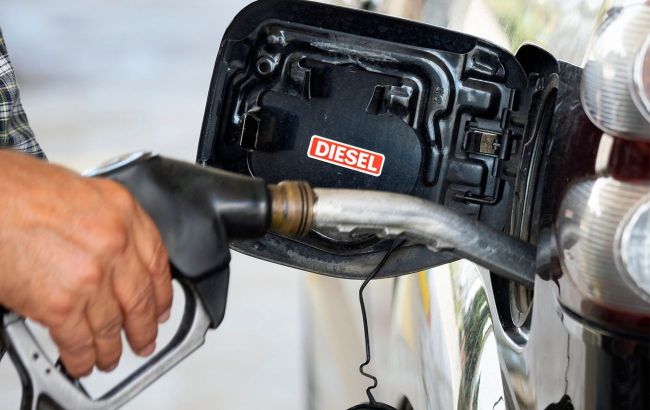Brazil rapidly cuts its dependence on Russian diesel, media report
 Photo: Sanctions and attacks on refineries will further reduce Russian diesel imports to Brazil (Getty Images)
Photo: Sanctions and attacks on refineries will further reduce Russian diesel imports to Brazil (Getty Images)
Brazil has begun reducing its dependence on Russian diesel fuel amid tough Western sanctions, the Financial Times reports.
Although Brazil is among the world's top ten oil producers, it imports about a third of its diesel due to limited refining capacity. When Russia offered discounts, the country took advantage of the opportunity.
In 2022, Brazil's imports of Russian diesel totaled $95 million, but by 2024, the figure reached $5.4 billion. After the United States imposed sanctions on Russian oil giants Rosneft and Lukoil, Brazil expressed concern over potential economic consequences.
In 2023, Russia became Brazil's largest foreign diesel supplier, overtaking the United States.
However, the price gap has now nearly disappeared, leading to a sharp drop in Russia's share of the Brazilian market - from 60% in the first half of the year to just 17% in October.
"Imports of Russian diesel have already been losing momentum in recent months, giving way mainly to imports from the US and India, as well as some cargoes from Saudi Arabia and Oman," said analyst Rodrigo Jacob.
According to the outlet, this trend is also driven by surging domestic demand in Russia, where diesel availability has declined. In addition, several Russian refineries have been forced to halt operations following large-scale drone attacks.
Russia exports its oil products to Brazil through Baltic Sea ports, meaning diesel deliveries will likely become even more complicated under the new sanctions.
Sanctions against Russia
In October, the United States introduced new sanctions targeting Russia’s oil sector, including Rosneft, Lukoil, and their subsidiaries within Russia.
Later, Lithuanian Railways announced it was halting the transit of Russian oil due to US and UK sanctions.
Meanwhile, Turkish fuel supplier Guzel Enerji said it was raising diesel prices for wholesale customers, citing sanctions against Russia that have disrupted supply chains and increased insurance and financing costs.

